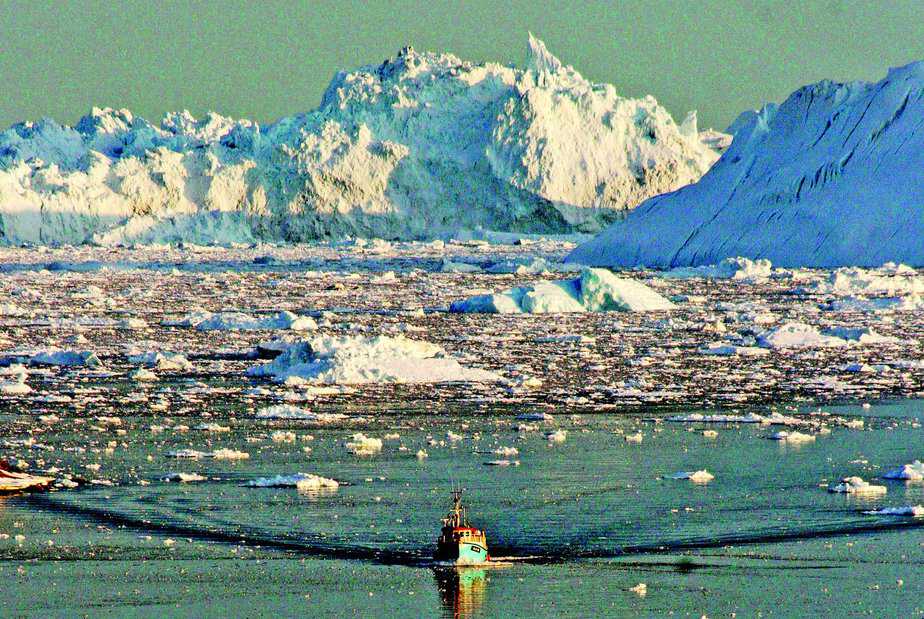
Even as Europe descends into a deep freeze, the Arctic region is seeing record high temperatures, with the North Pole recently 30 degrees Celsius above normal for this time of year.
At the same time, sea ice is covering the smallest area in the dead of winter since records began more than half-a-century ago.
A weather phenomenon called a “sudden stratospheric warming” has produced North Pole temperatures at or above freezing.
“In relative terms, that’s a 30 C (54 degrees Fahrenheit) temperature anomaly,” Robert Rohde, lead scientist at Berkeley Earth in Washington, tweeted Monday.
There are no permanent sensors at the North Pole, but weather services in the United States and Scandinavian countries reported temperatures peaking on February 25.
“Positive temperatures near the North Pole in winter are thought to have occurred during four winters between 1980 and 2010,” Robert Graham, a climate scientist at the Norwegian Polar Institute, told AFP.
“They have now occurred in four out of the last five winters.” A growing body of evidence fingers climate change as one of the drivers of such winter weather anomalies, several experts said.
At the Longyearbyen weather station on the Island of Svalbard in the Arctic Ocean, temperatures were 10 C above average over the last 30 days, according to Zack Labe, a climate modeller at the University of California Irvine.
“Today’s mean temperature was 3.9 C — the climate average for the date is minus 16.3 C,” he tweeted Tuesday.
As for sea ice, January saw the record minimum coverage since records began.
In one area, around Svalbard, the ice extent — 205,727 square kilometres — on Monday was less than half below the average for the period 1981-2010, the Norway Ice Service reported.
A Siberian cold front, meanwhile, has sent temperatures plunging across much of Europe, leading to several deaths from exposure as snow carpeted cities and palm-lined beaches along the Mediterranean.
“This pattern that we are seeing — warm Arctic, cold continent — could be linked to climate change,” said Marlene Kretschmer, a climate scientist at the Potsdam Institute for Climate Impact Research.
Delhi hosted what organisers describe as the world’s first player auction in golf, launching ‘72…
An elderly woman recalls how her six-year-old granddaughter lay bleeding after a speeding car hit…
Municipal Corporation of Delhi plans a unified policy enabling RWAs to adopt and maintain parks…
A 17-year-old boy allegedly died by suicide after jumping before a moving train at Uttam…
Delhi High Court grants bail to 26-year-old Thar driver accused of mowing down two in…
Two Rohini men arrested for fatally stabbing one person and injuring another during a robbery…